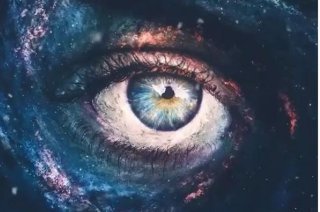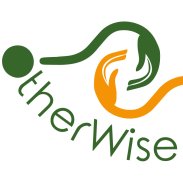
Event
Critical Perspectives on Science
We students read scientific articles, learn from professors and attempt to carry out research ourselves. But how has this scientific system developed, what are its goals, what are its successes and consequences, which in hindsight have been huge?
Undoubtedly, science has proved to be very successful. The quality of our lives couldn’t be of such high quality without it. However, the earth and a big part of the earth’s population does not benefit as such from new scientific insights and scientific based policies. This evening we want to talk about how do we know things, whether there is one Truth, the limitations of science and alternative methodologies. We think these discussions are important to create a science system that is inclusive and embraces a variety of opinions.
This evening we will interview two speakers, while also inviting the audience to ask their questions and give comments in order to create an interactive dialogue.
One of the speakers will be Jan Warndorff, author of the book ‘Geen idee’ – which translates as both ‘No idea/Not an idea’ - in which he states that Western culture has been focusing for ages on rationally understanding reality, approaching it as something at a distance from us humans. He proposes that we see reality not as something at a distance, but as ‘this what’s happening here’, of which we are just as much a part as well. How does this affect our relation with science?
Our other speaker will be Esha Shah. She is an assistant professor at the WUR at the chair group Water Resources Management (WRM). Recently, her research interests are concerned with the philosophy of subjectivity and its relation to modes of rationality and democracy, including objectivity in science. Last year, she published her book ‘Who is the Scientist-subject: Affective History of the Gene’ on these topics. Furthermore, she has been engaged with the history and anthropology of technology-led development in India on the divide of modernity and democracy
Undoubtedly, science has proved to be very successful. The quality of our lives couldn’t be of such high quality without it. However, the earth and a big part of the earth’s population does not benefit as such from new scientific insights and scientific based policies. This evening we want to talk about how do we know things, whether there is one Truth, the limitations of science and alternative methodologies. We think these discussions are important to create a science system that is inclusive and embraces a variety of opinions.
This evening we will interview two speakers, while also inviting the audience to ask their questions and give comments in order to create an interactive dialogue.
One of the speakers will be Jan Warndorff, author of the book ‘Geen idee’ – which translates as both ‘No idea/Not an idea’ - in which he states that Western culture has been focusing for ages on rationally understanding reality, approaching it as something at a distance from us humans. He proposes that we see reality not as something at a distance, but as ‘this what’s happening here’, of which we are just as much a part as well. How does this affect our relation with science?
Our other speaker will be Esha Shah. She is an assistant professor at the WUR at the chair group Water Resources Management (WRM). Recently, her research interests are concerned with the philosophy of subjectivity and its relation to modes of rationality and democracy, including objectivity in science. Last year, she published her book ‘Who is the Scientist-subject: Affective History of the Gene’ on these topics. Furthermore, she has been engaged with the history and anthropology of technology-led development in India on the divide of modernity and democracy
